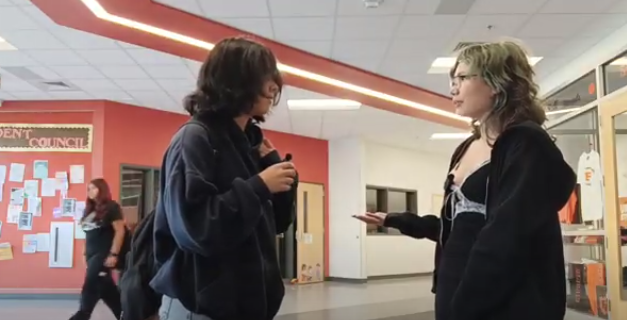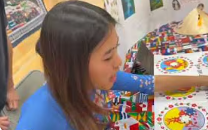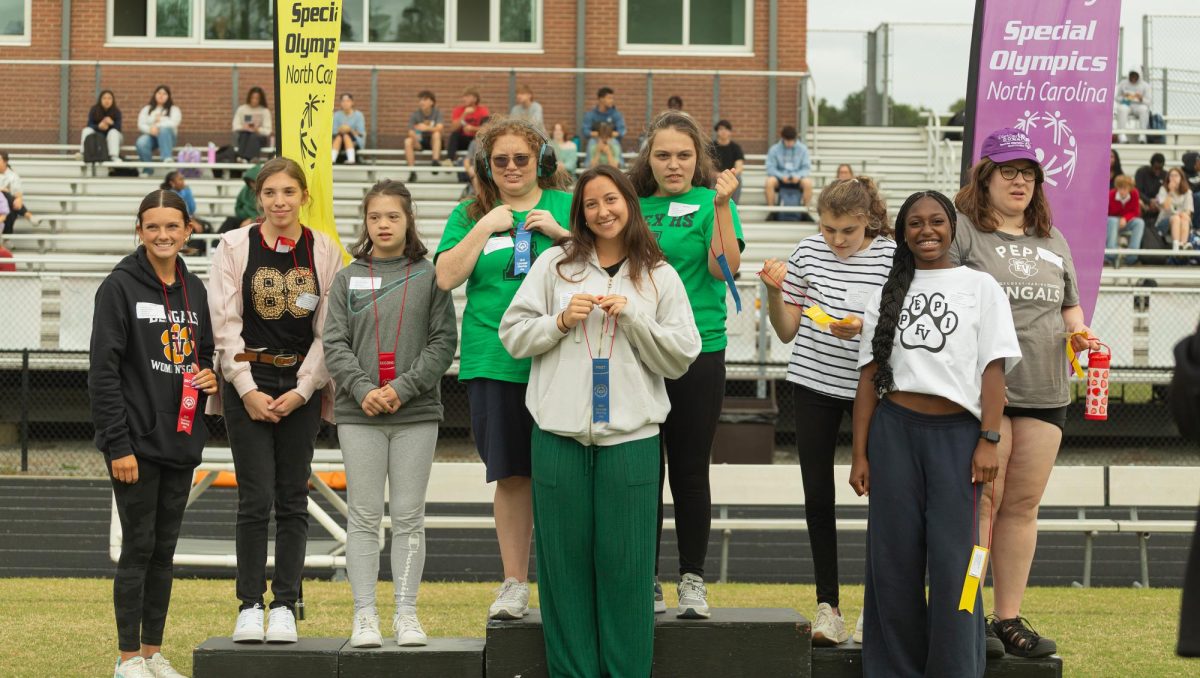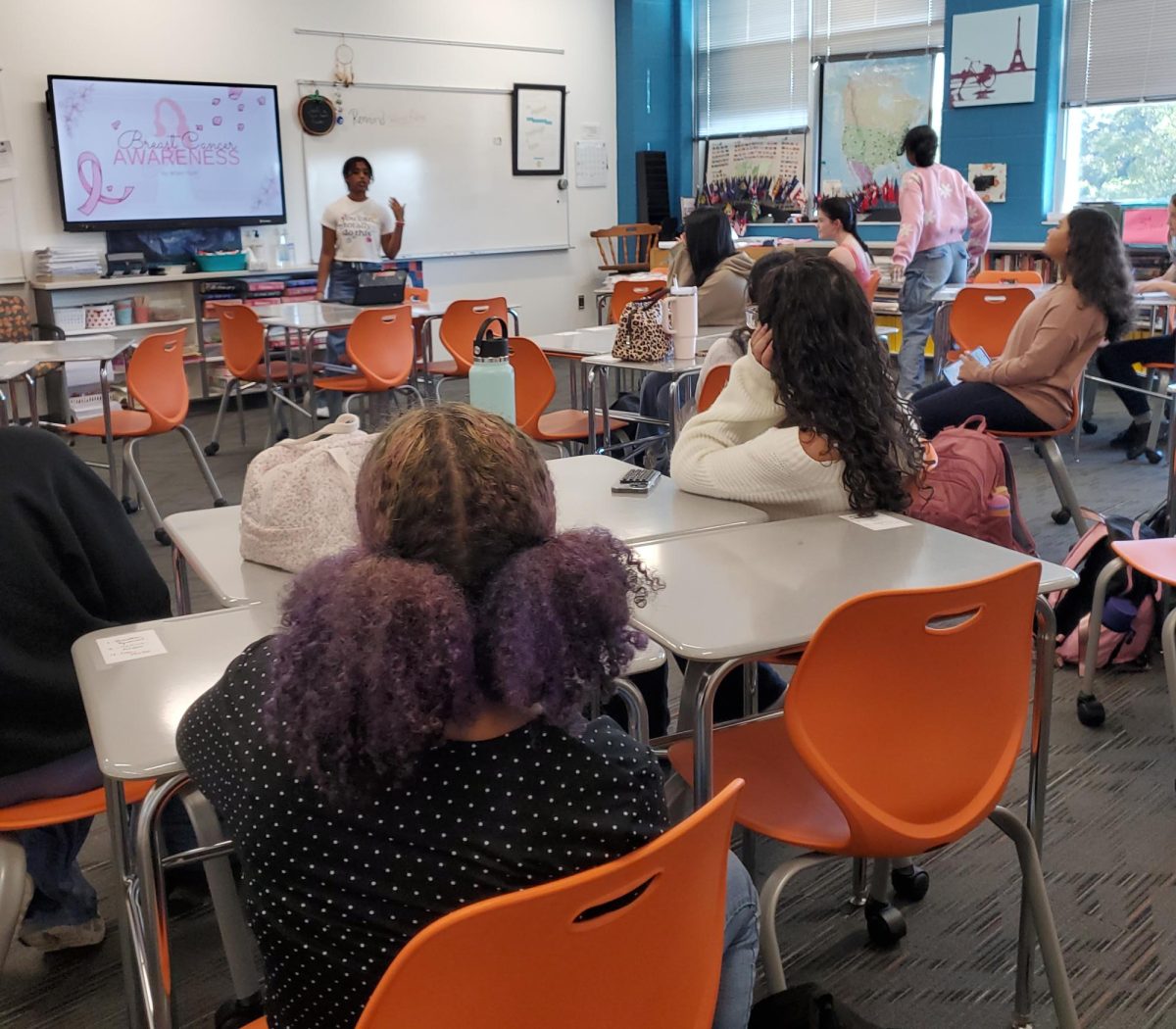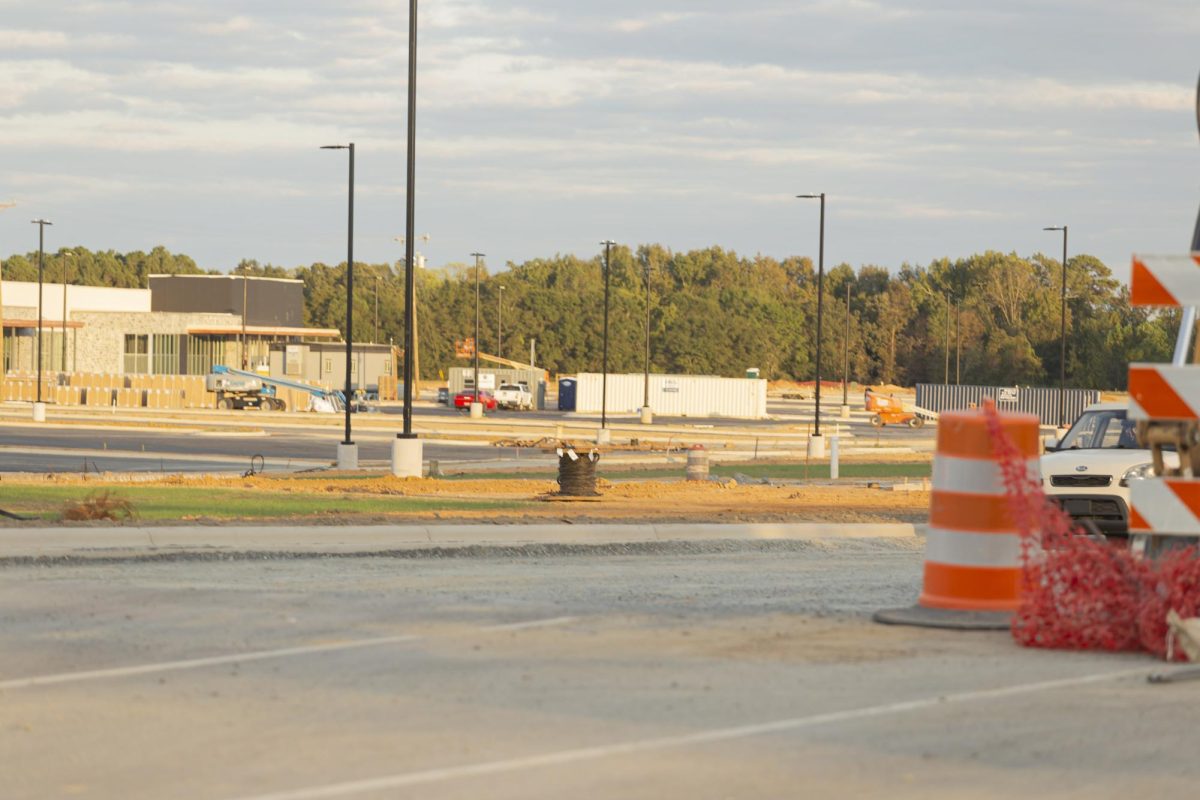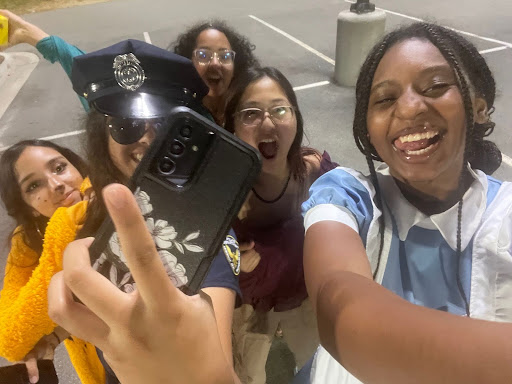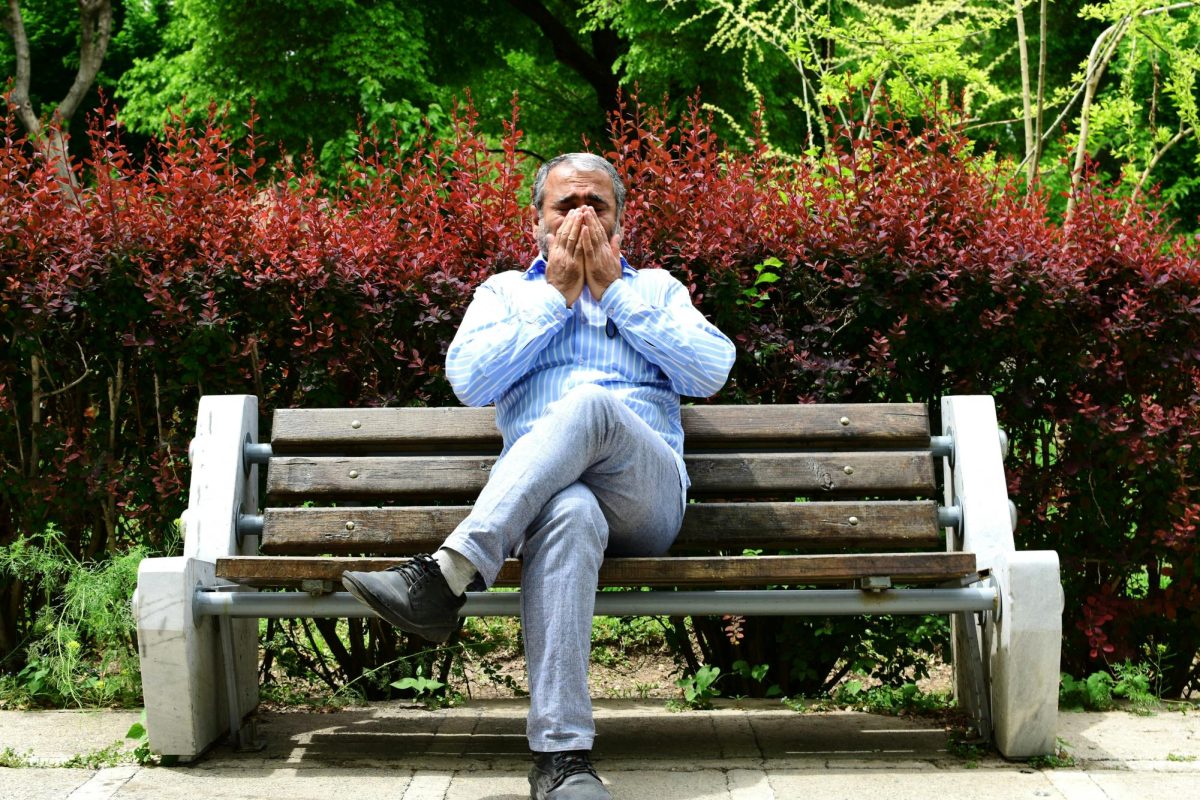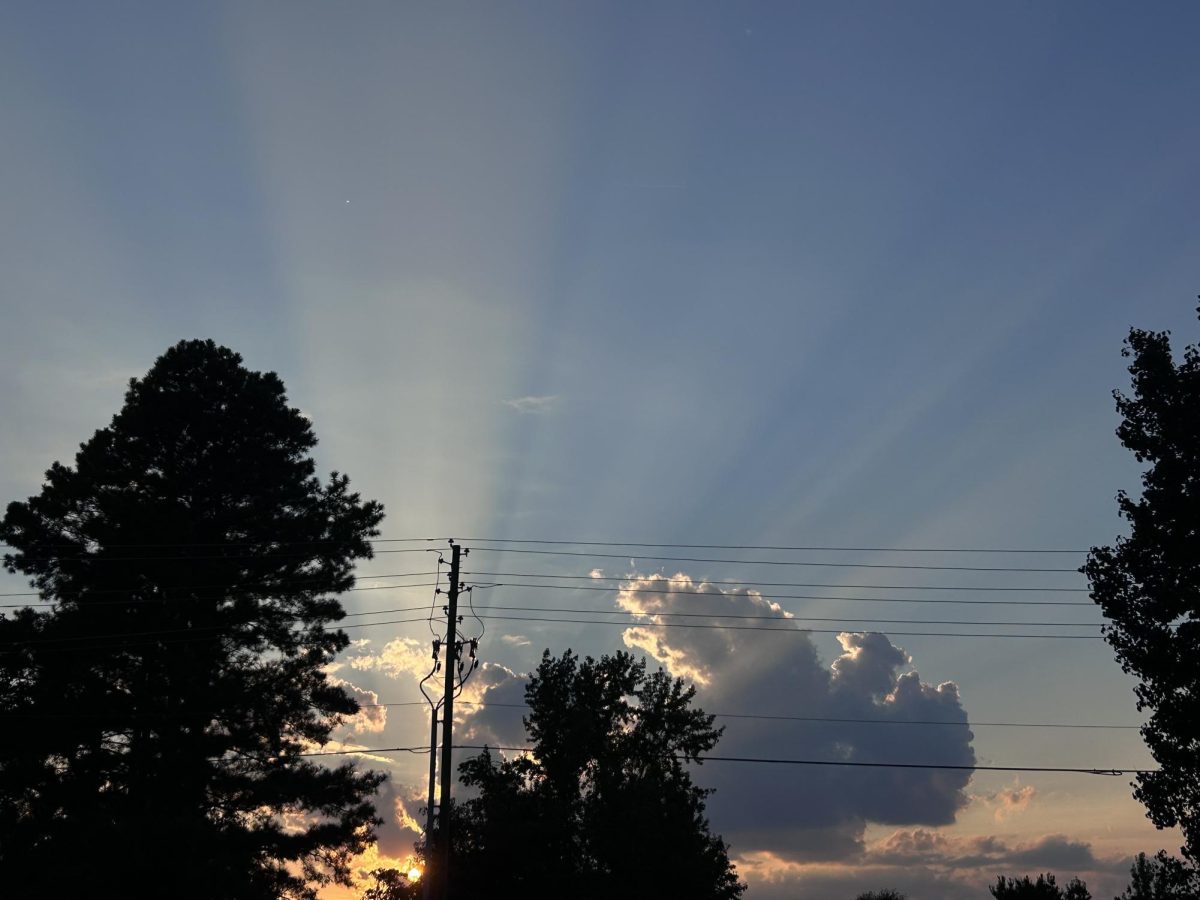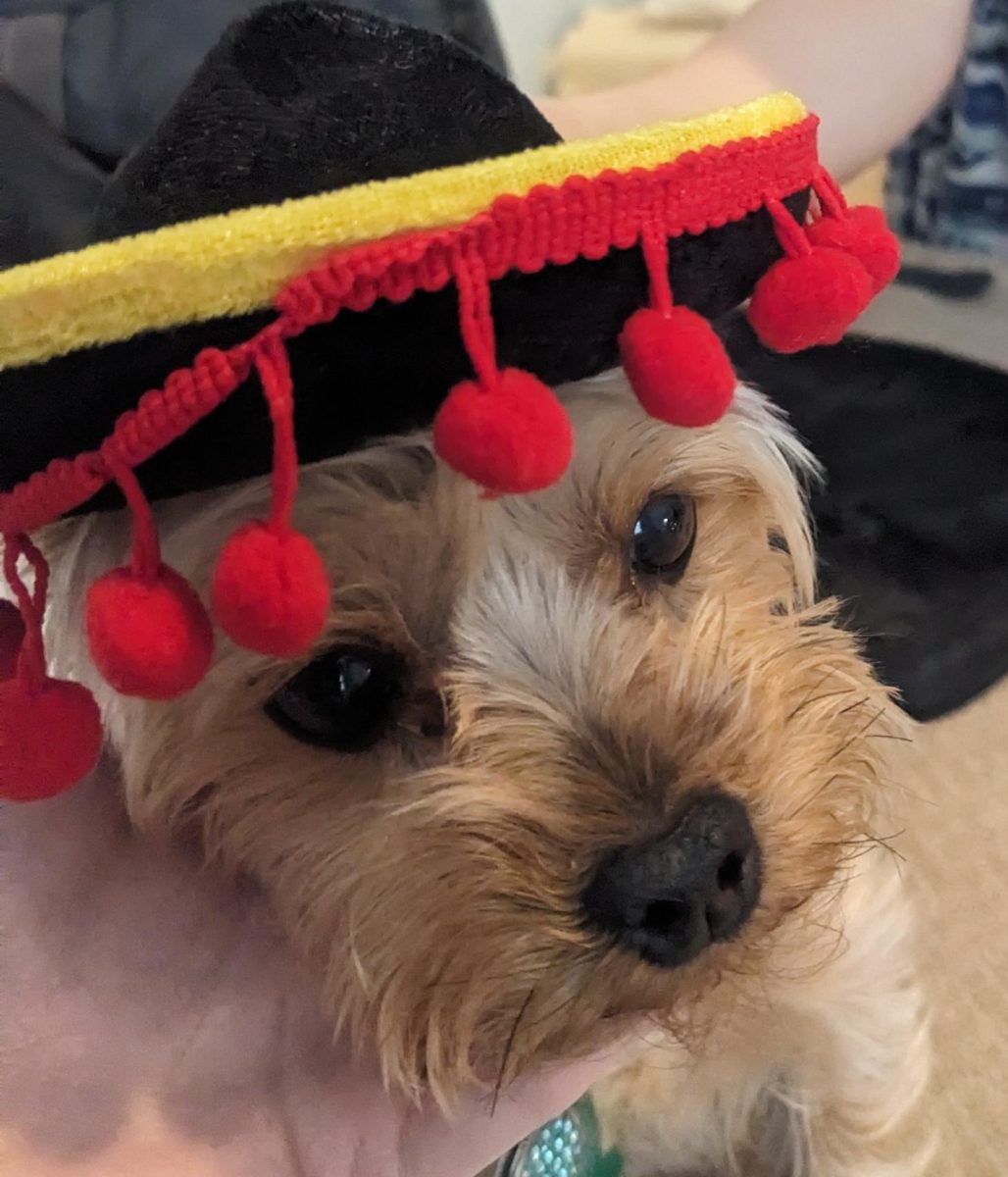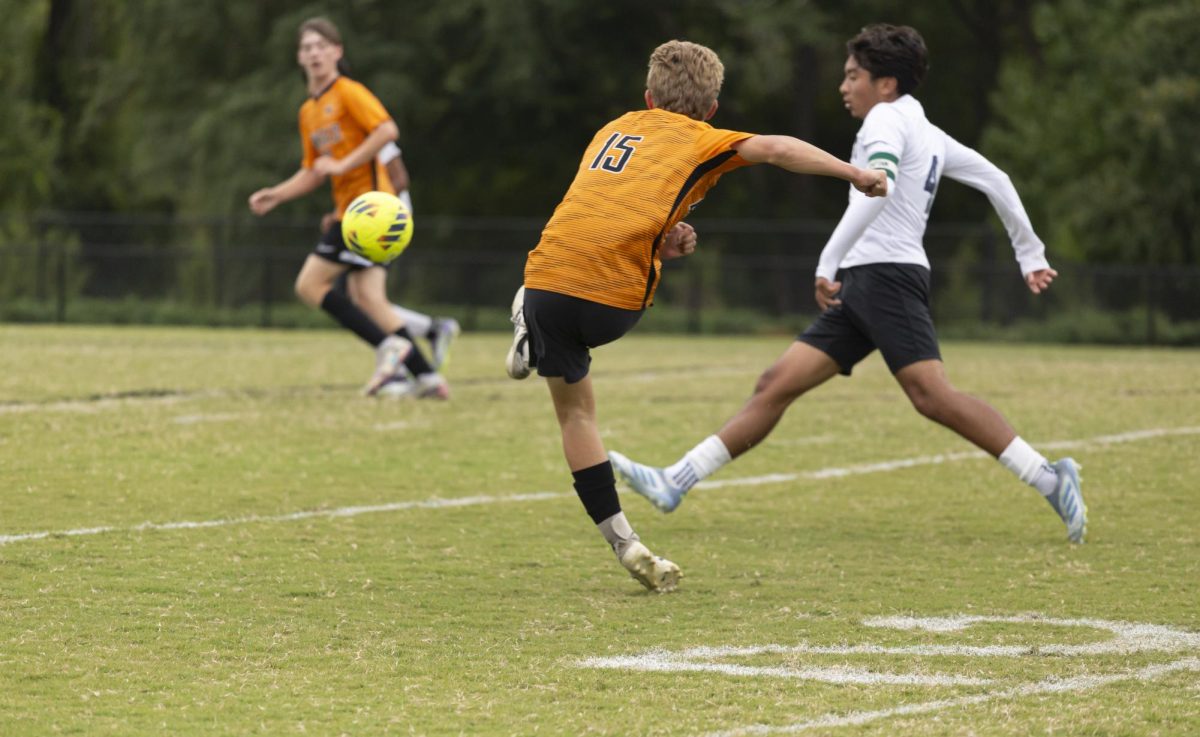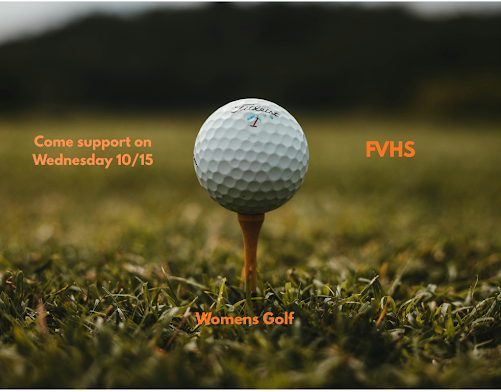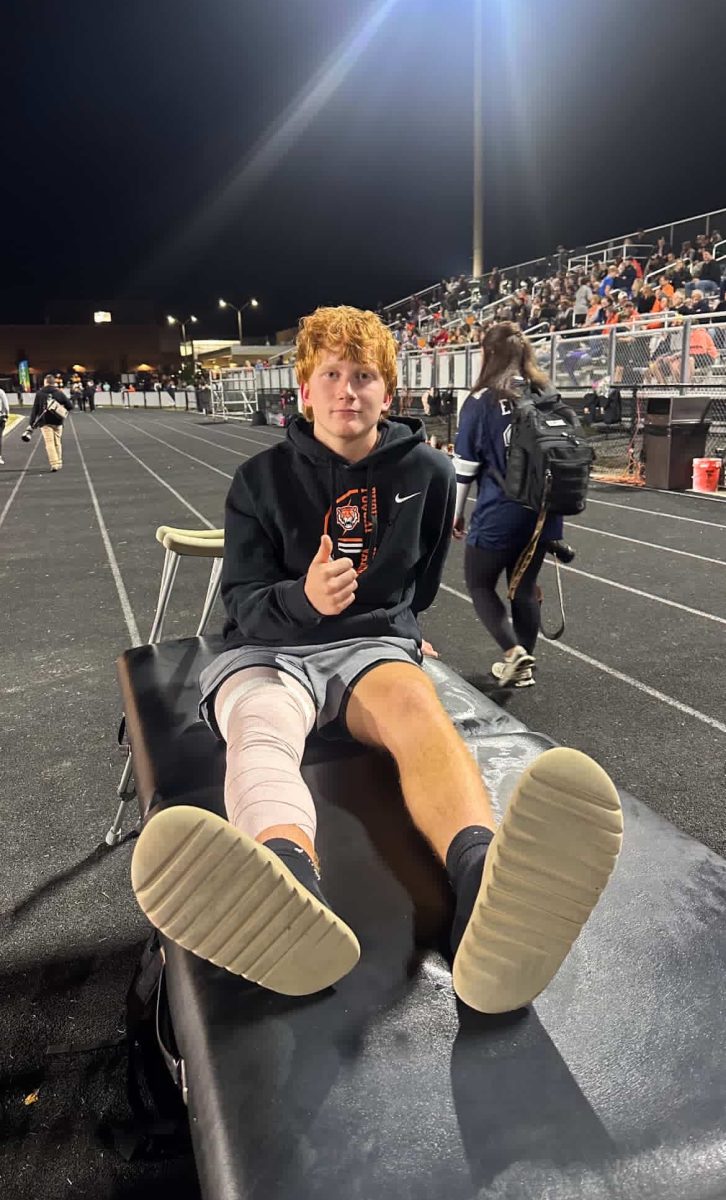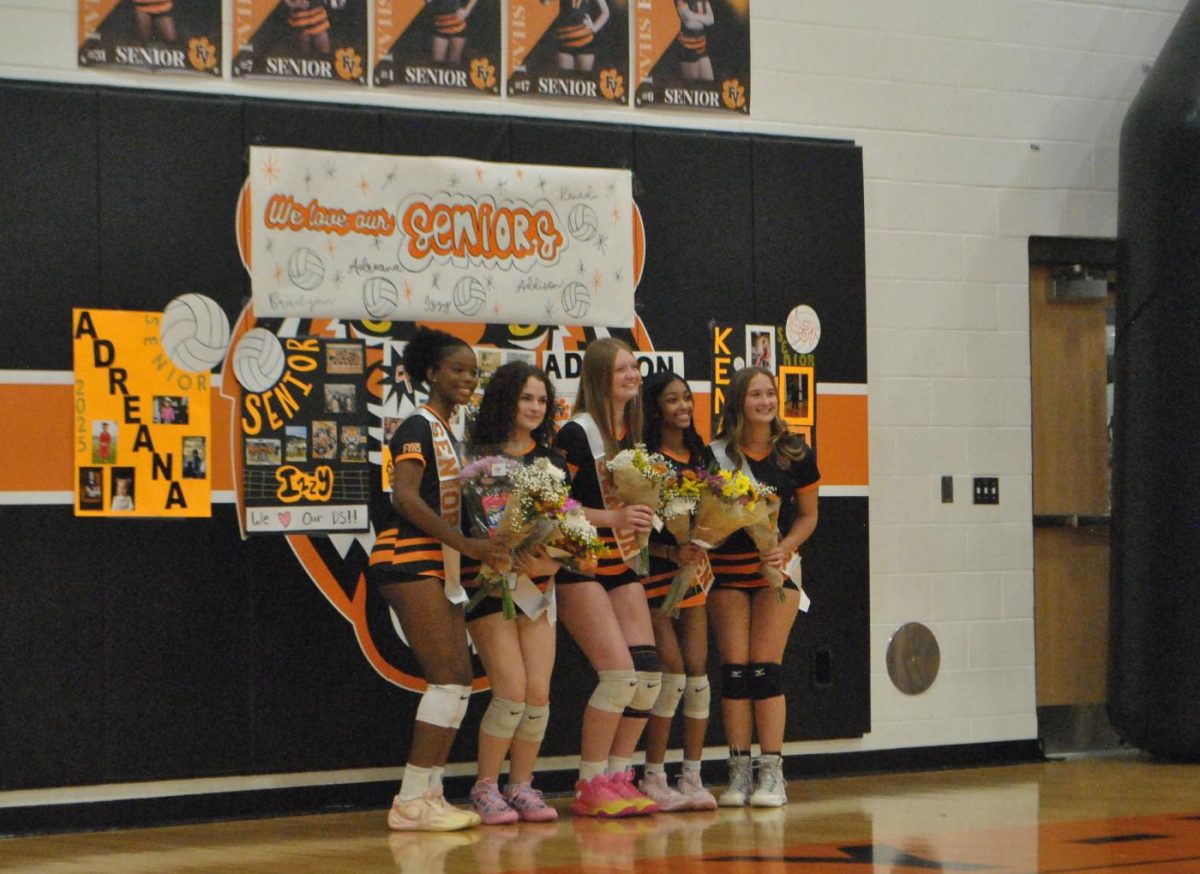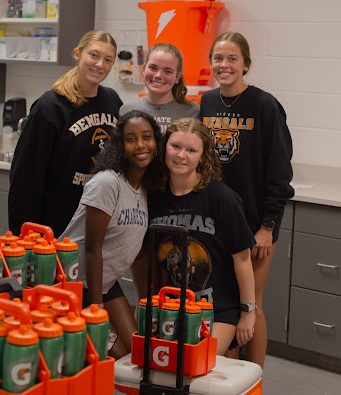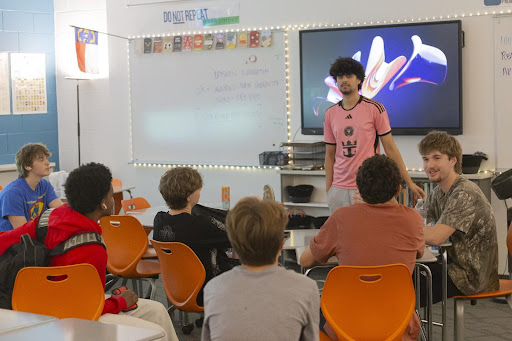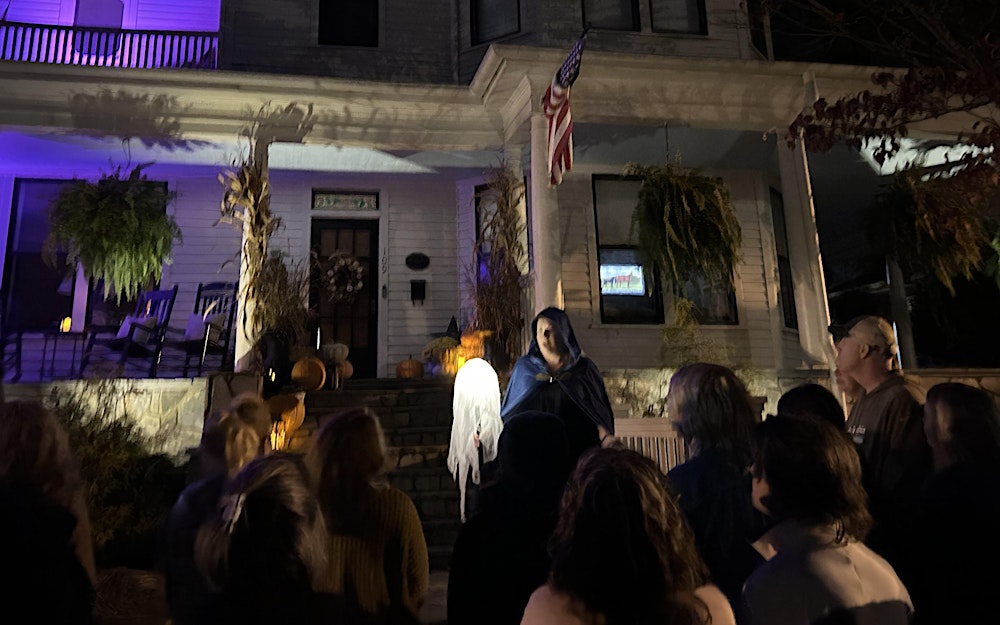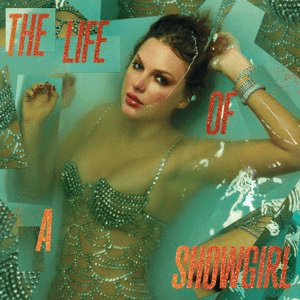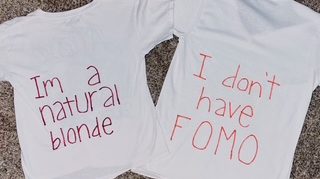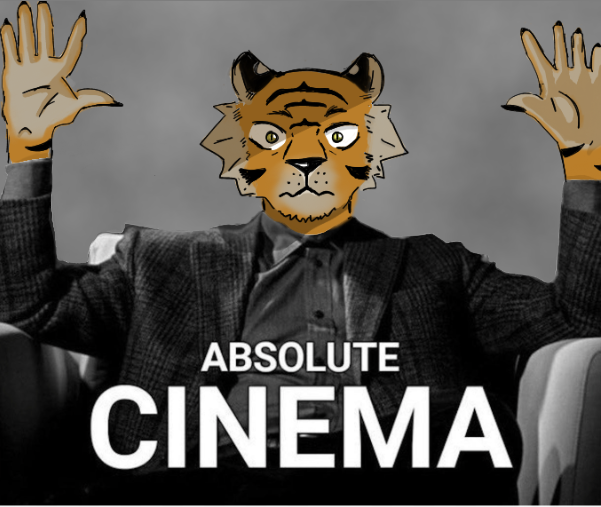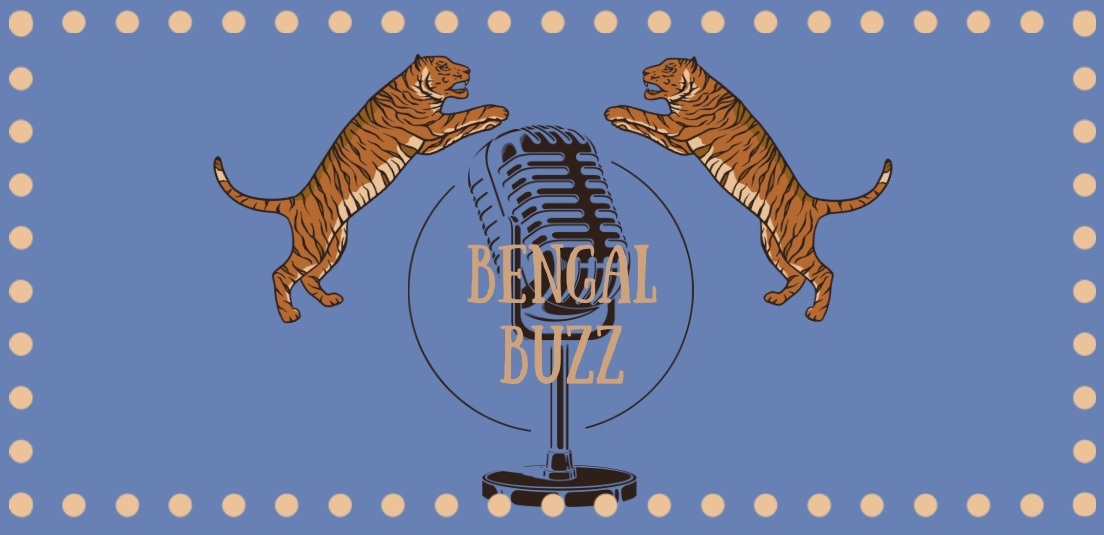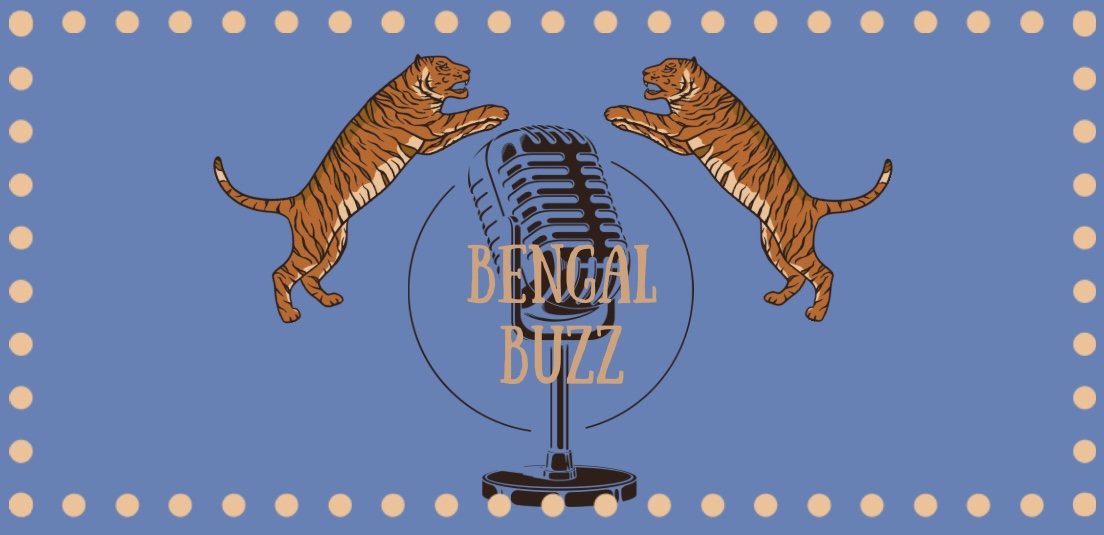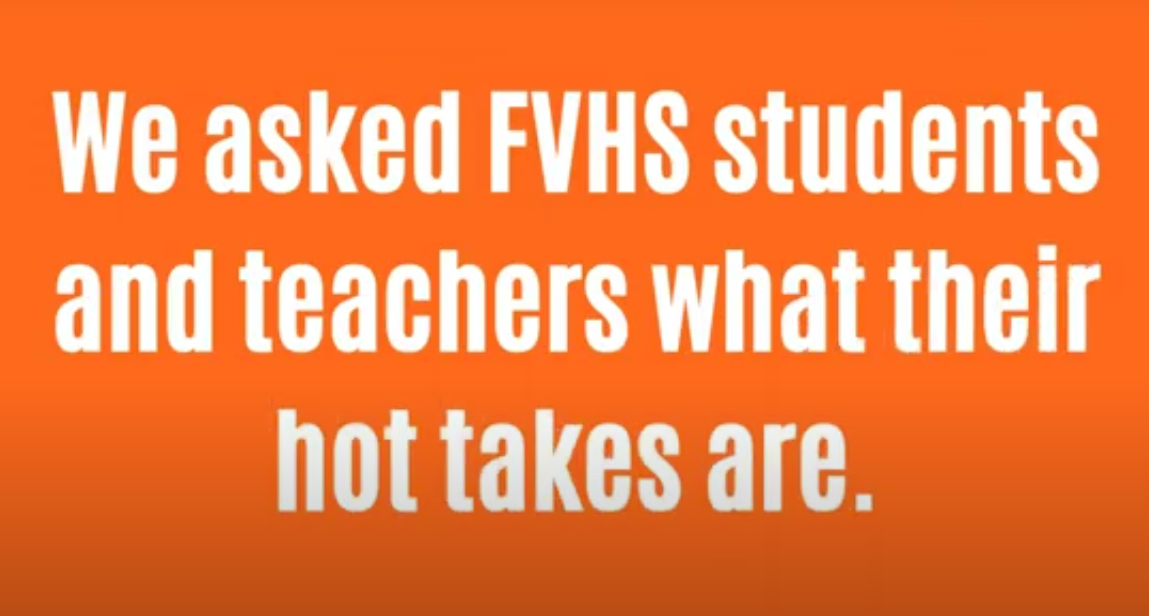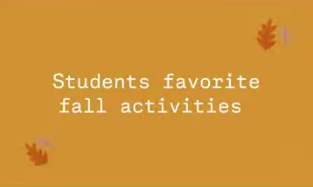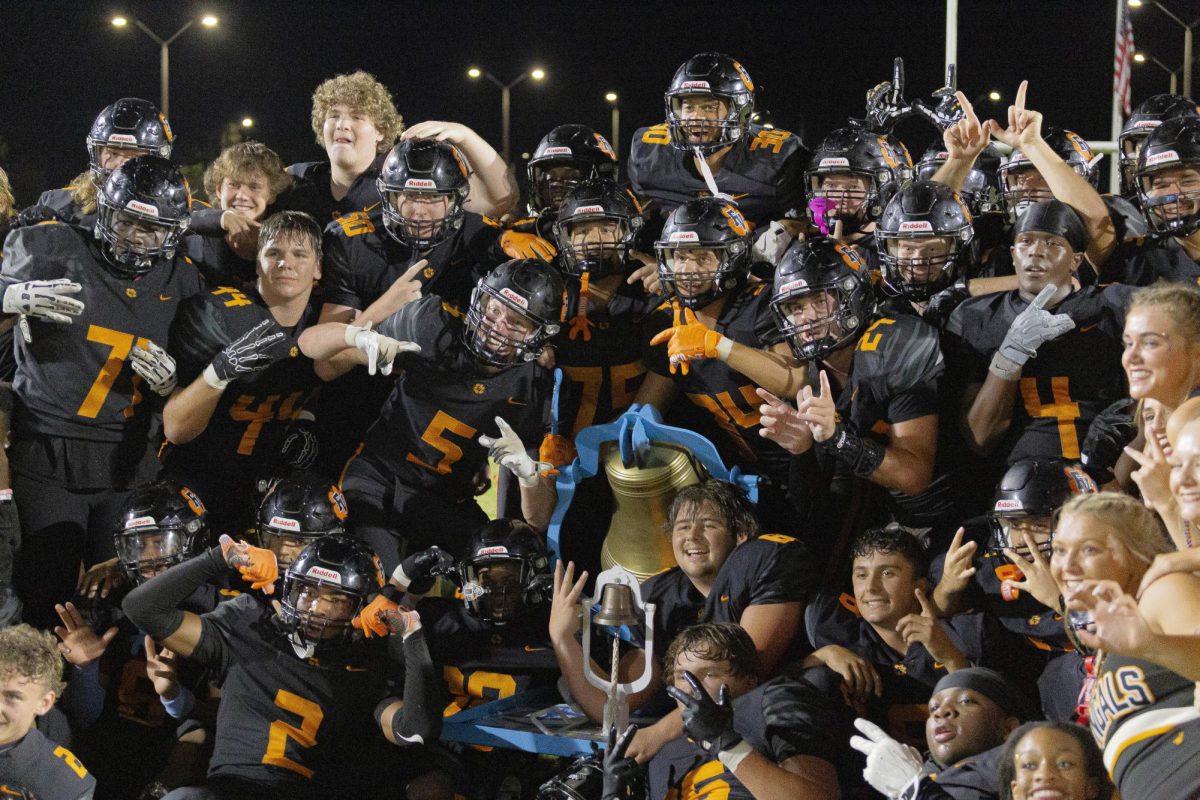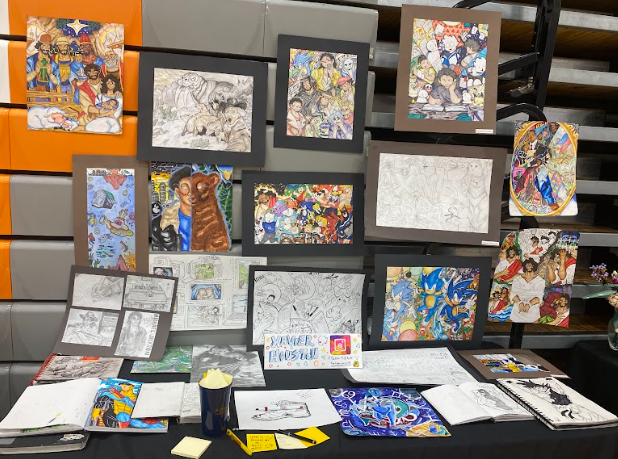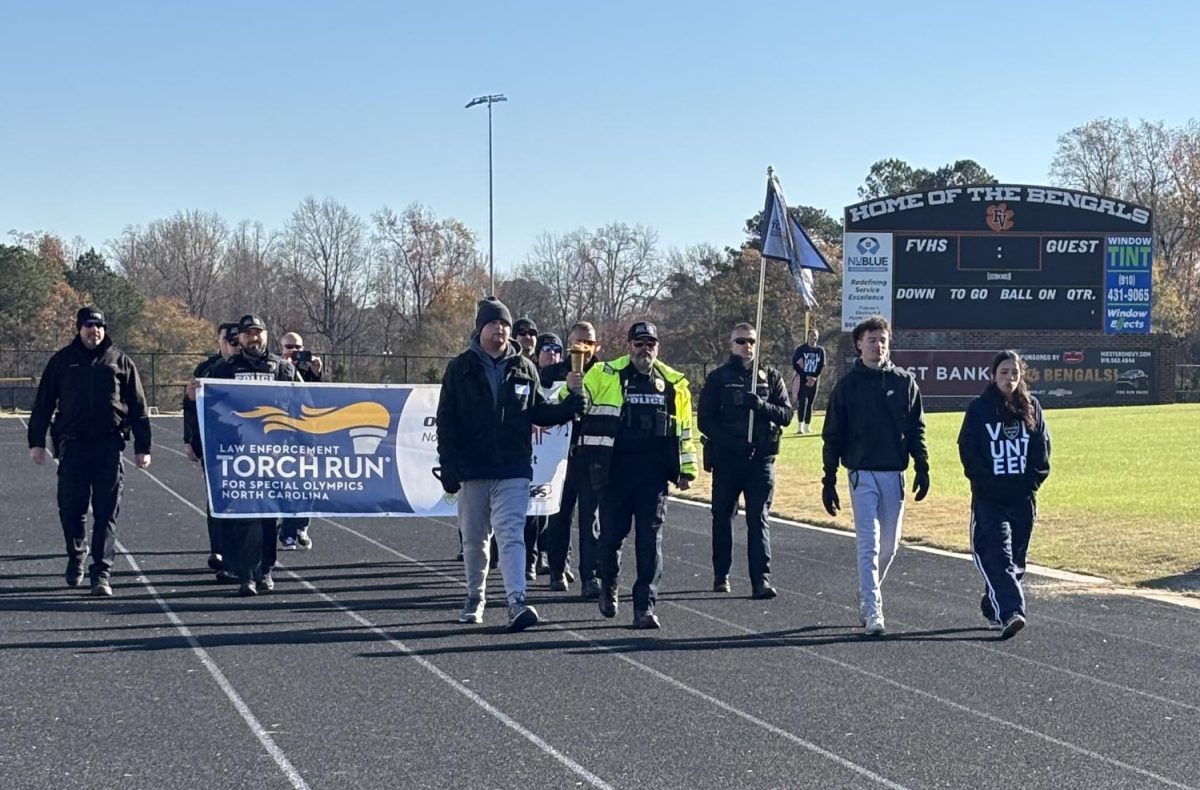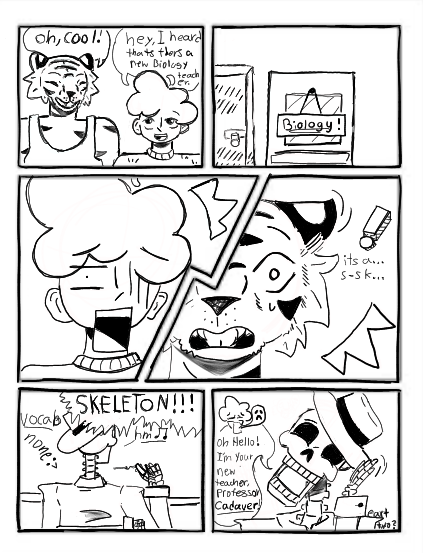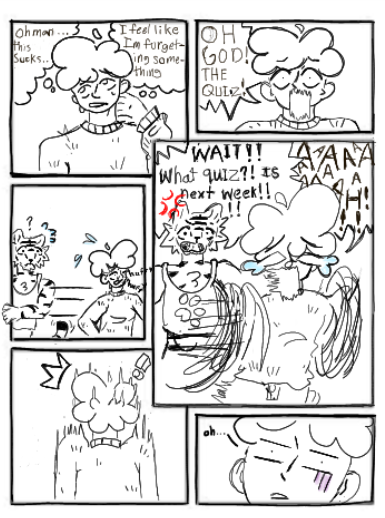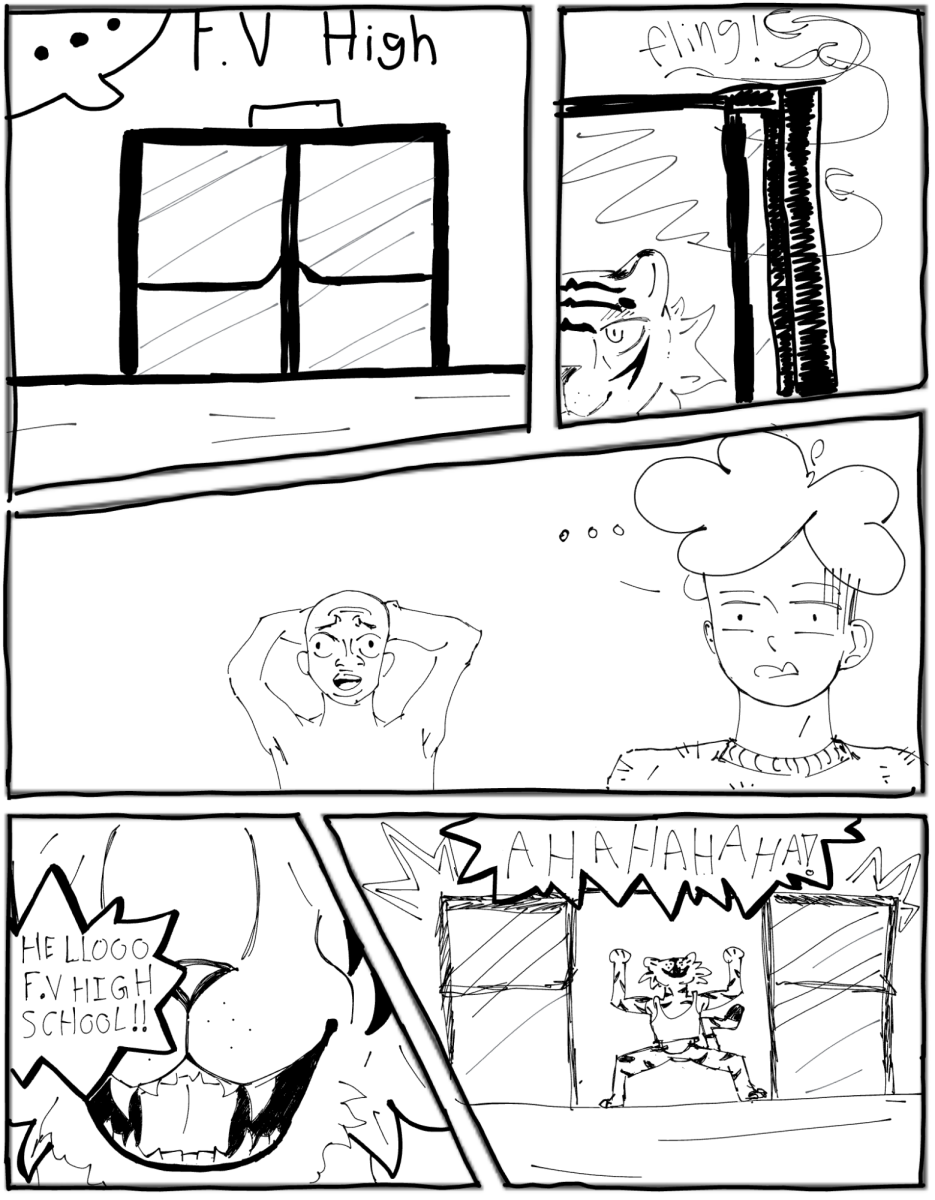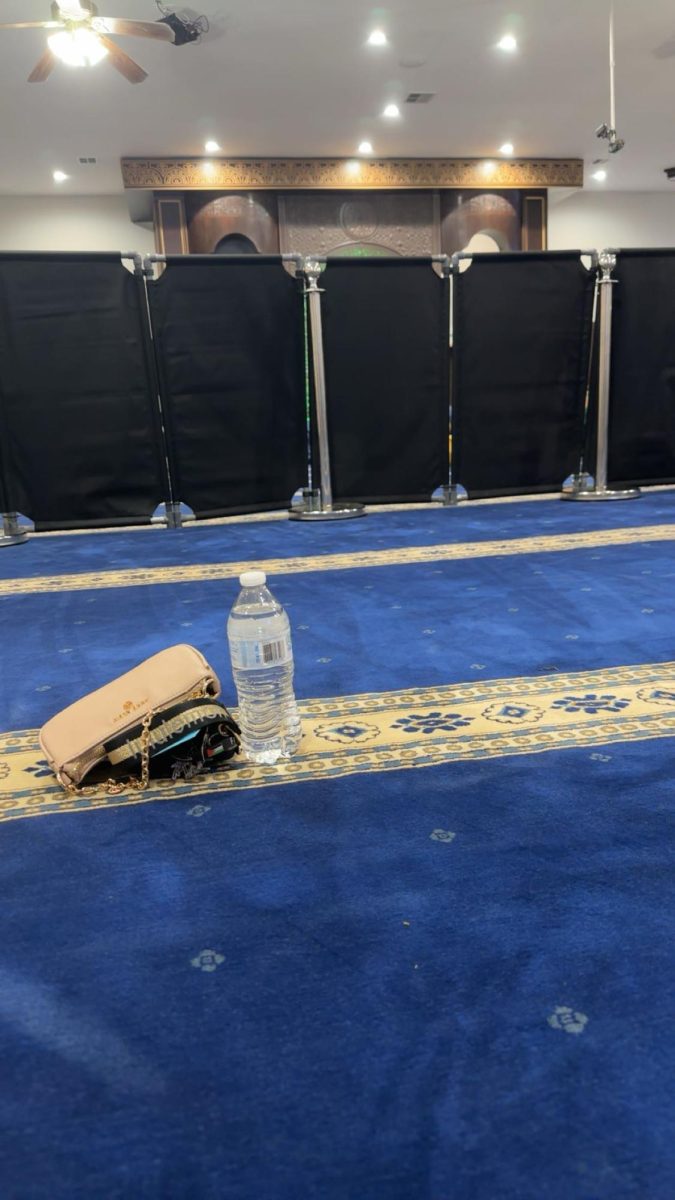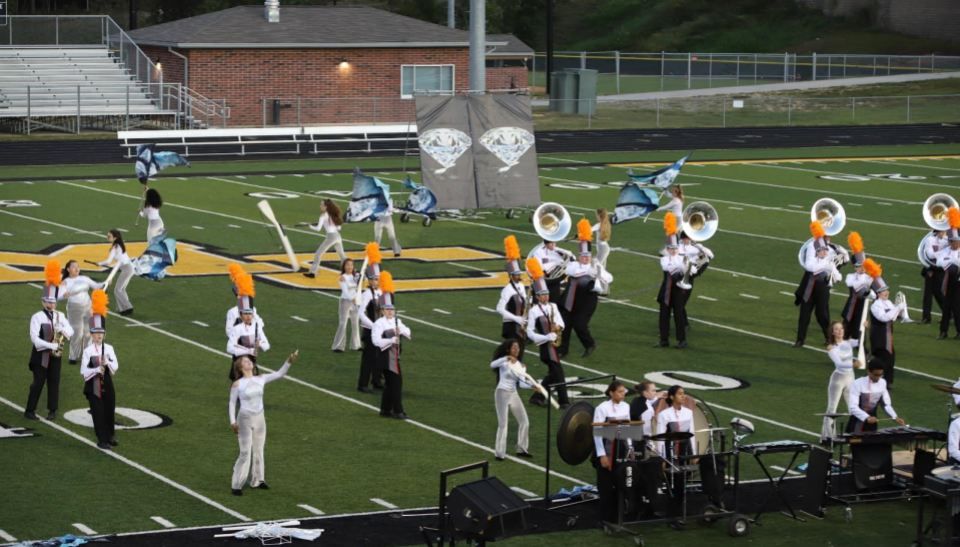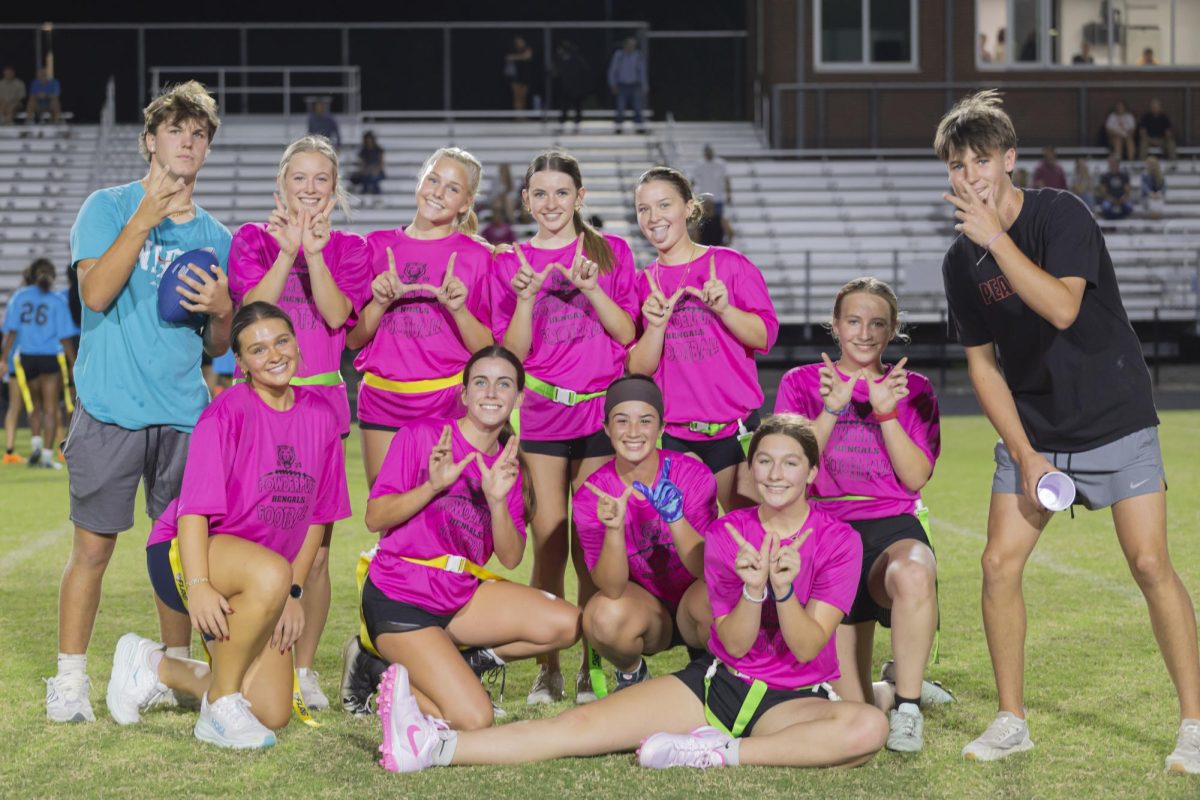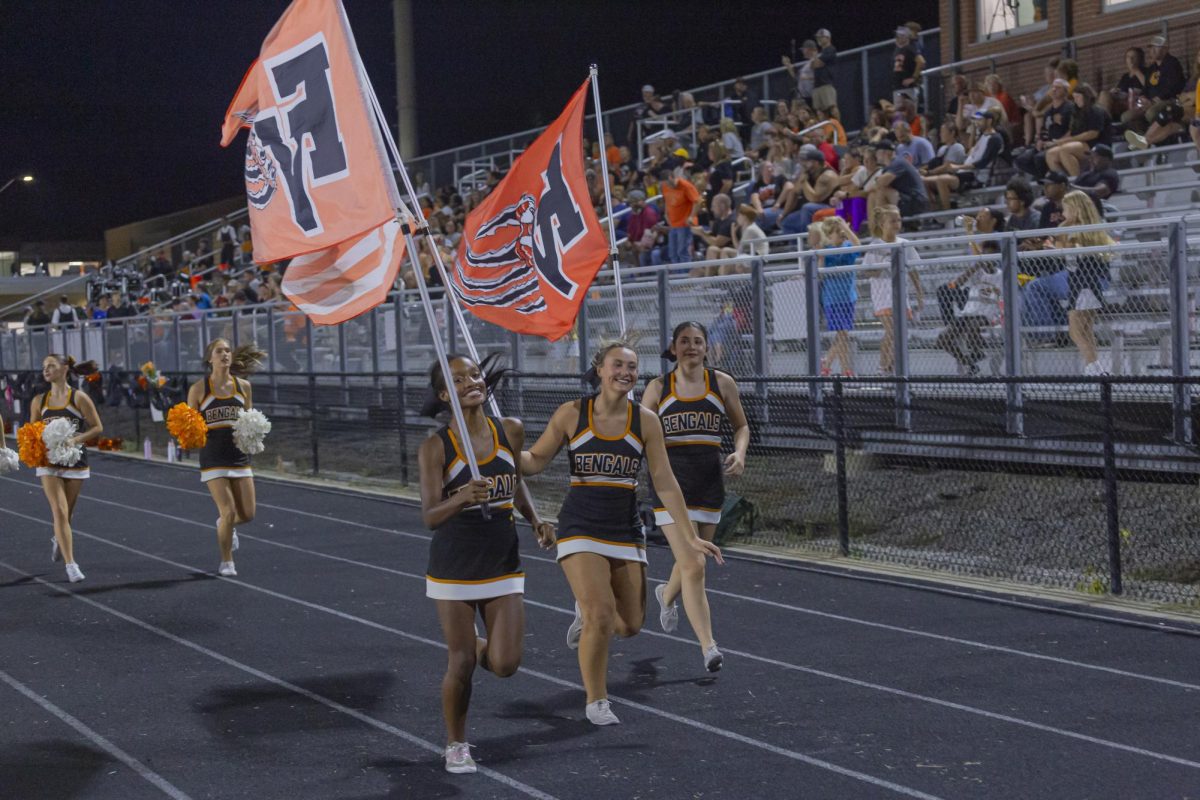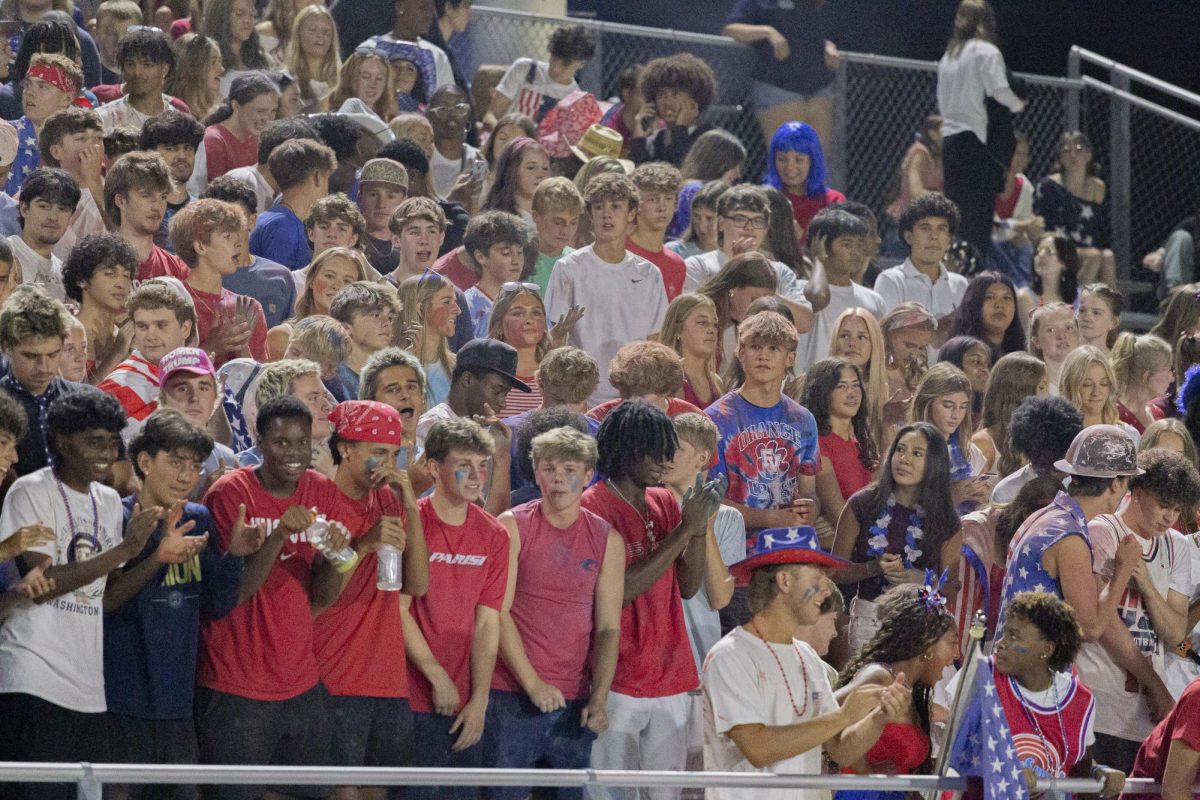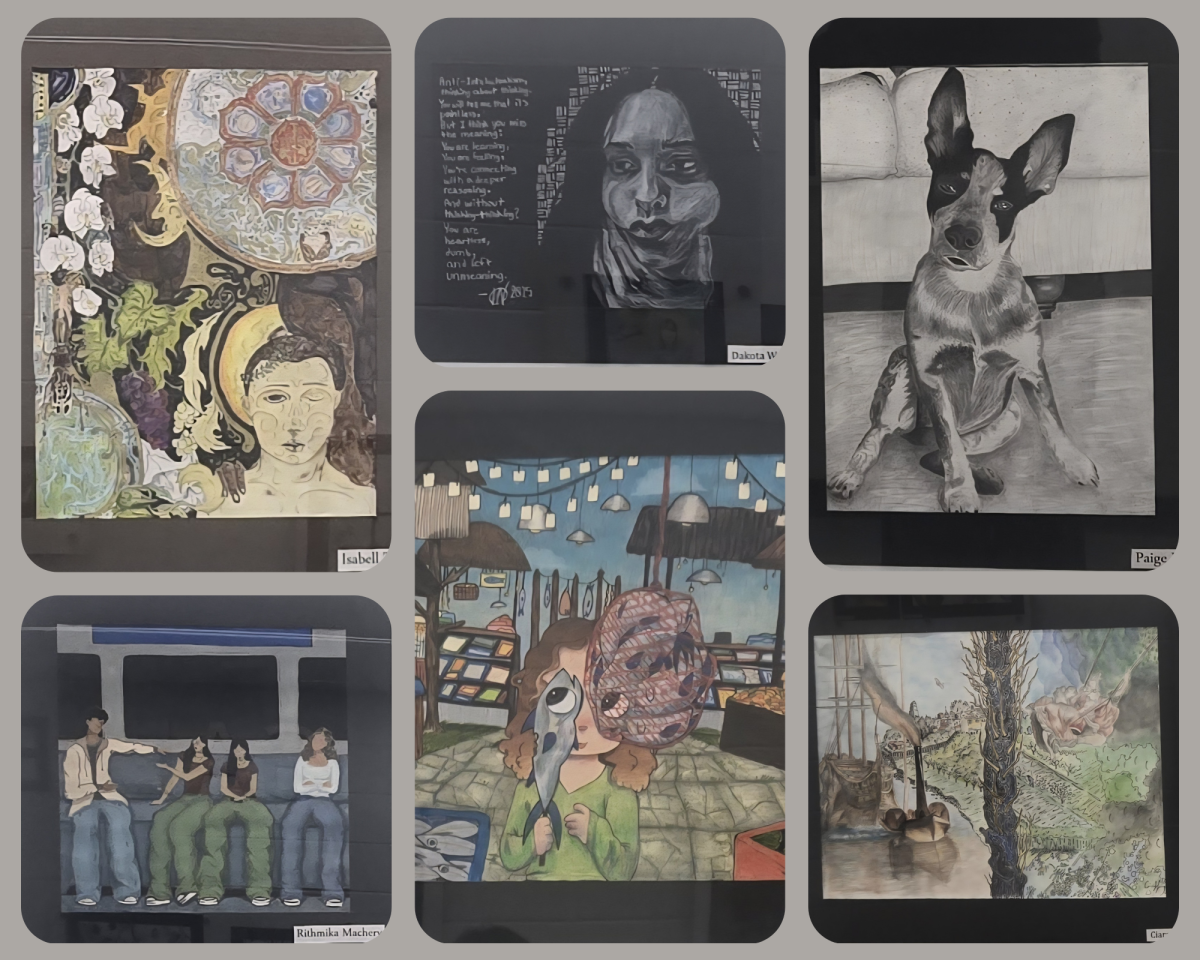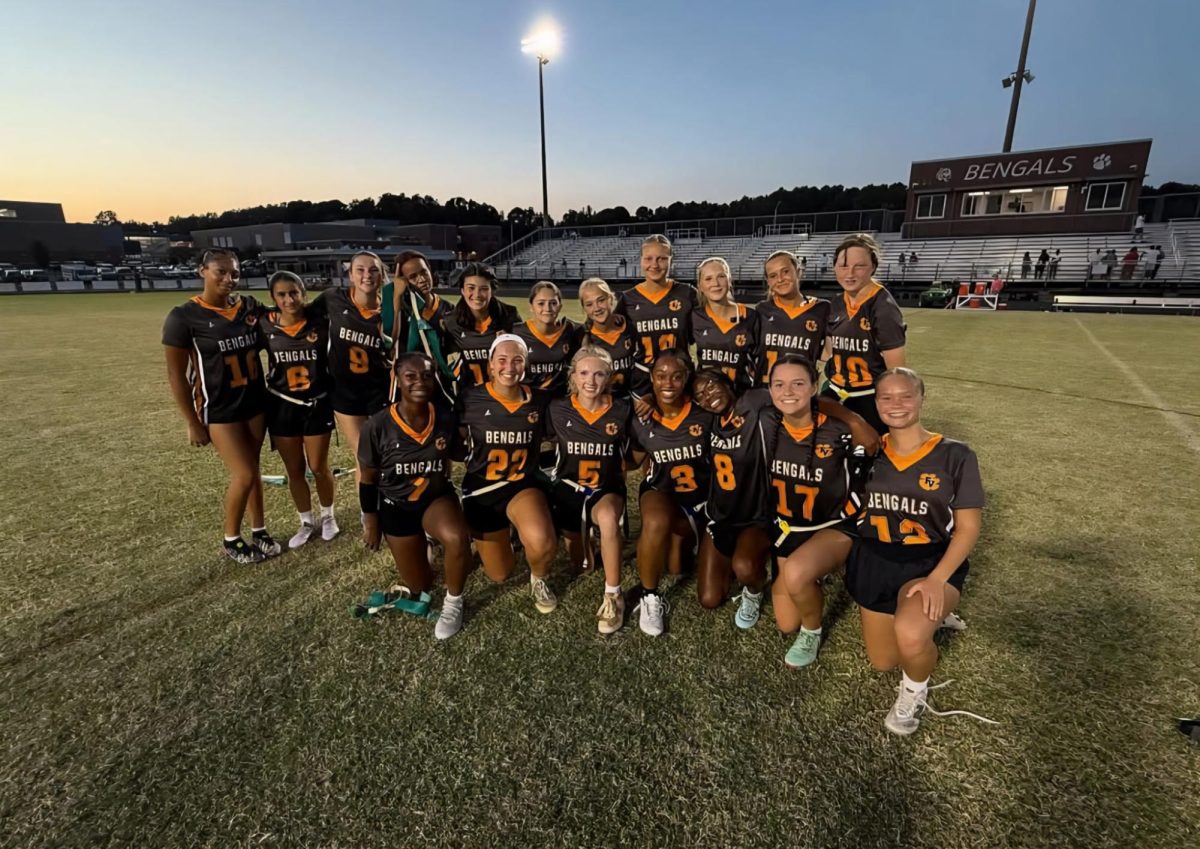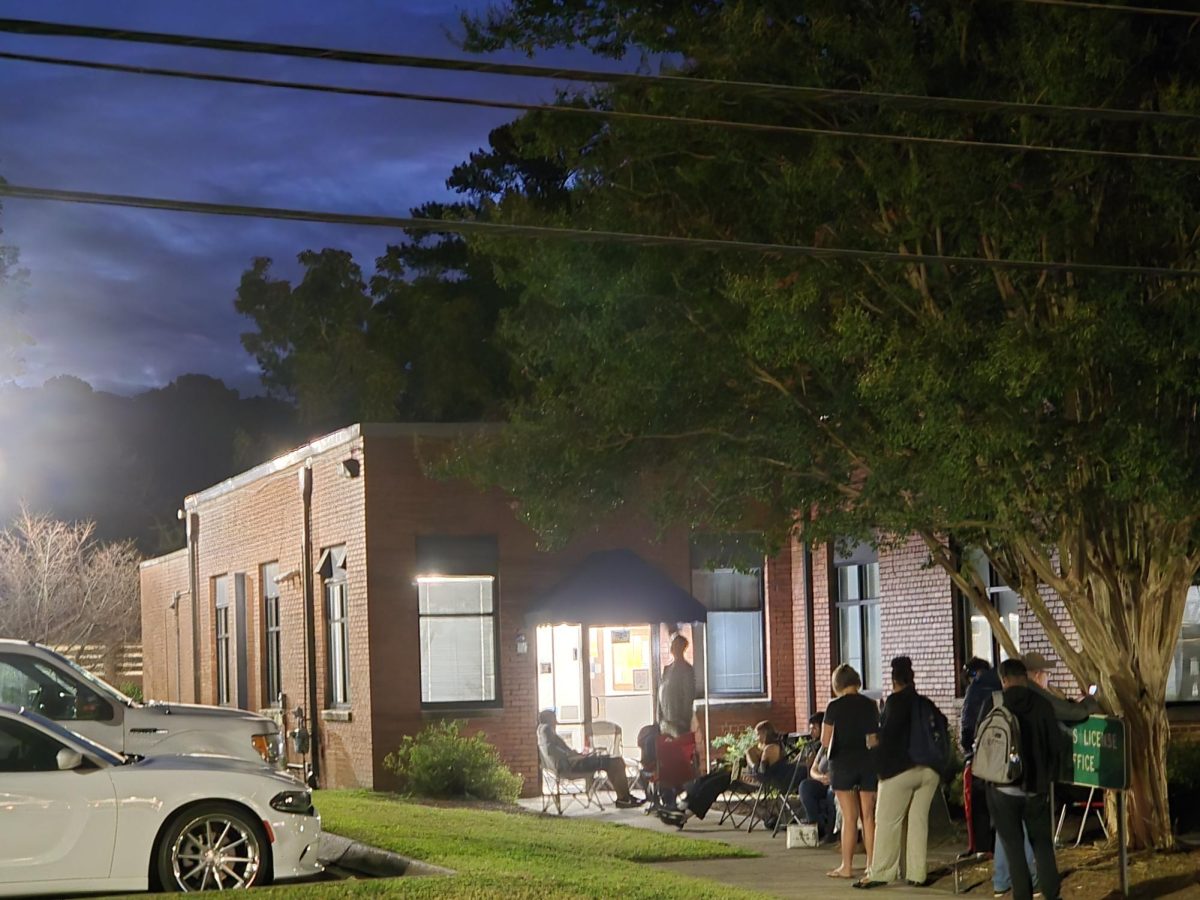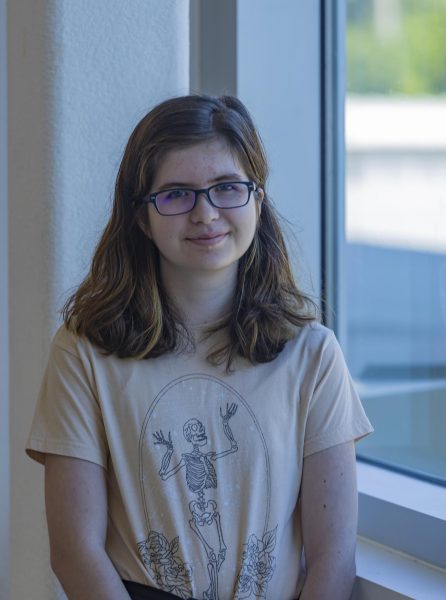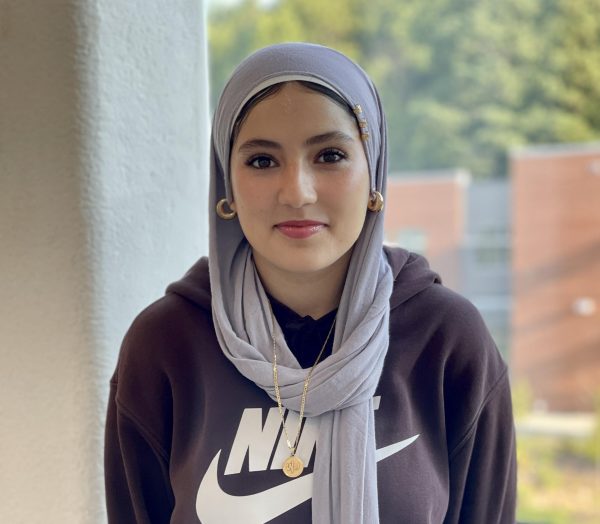Welcome back to our series on celebrating religions this spring. Ramadan is a month of fasting for Muslims around the world. It’s a holy month to get closer to God and practice discipline. From sunrise to sunset, people who practice Islam cannot eat or drink. It’s a time to focus on prayers, reading the Qur’an, and overall growing your faith.
Religious leaders explain that the Prophet Muhamad (Pbuh) received the Qur’an in this month. To celebrate, people fast and read the entire Qur’an in the month. It’s a long book, and there are long prayers.
Freshman Ali Bendra said, “Muslims do not celebrate, but practice something that is called fasting, which is one of the Five Pillars of Islam. We fast in this holy month because this is the month that the Qur’an was brought to the prophet Muhammad (Pbuh) by Allah through the angel Gabriel.”
Muslims around the world get excited about Ramadan every year. It means that they can grow in religion, and it gives people reasons to do their prayers and studying.
Ahmed Radwan, who is the interfaith committee chair for Alnoor Islamic Center in Fuquay-Varina, said, “There’s a lot of reasons why we celebrate. We fast during [sunrise to sunset] and it’s meant to be a time of reflection and getting close to God. There’s this saying that if you starve the body, you feed the soul.”
Muslims say to each other “Ramadan Mubarak” which means to have a blessed Ramadan. This is to cheer each other on to keep fasting and studying religion.
Bendra said, “Another important saying from the prophet Muhammad is ‘Whoever fasts during Ramadan with faith and seeking reward, all his past sins will be forgiven.’”
Radwan hopes that when Muslims are starting Ramadon, those who don’t practice are patient. One is going without food for around 16 hours. He asks that people have grace with each other.
Radwan said, “In my school, we had a cafeteria and I would tell my friends who didn’t practice to eat, don’t feel bad about eating. I’m actually getting more good deeds for sitting here and smelling all the food. Don’t feel bad, but try to be understanding.”
A big dinner happens at sunset. Families make the food together and feast. Usually you make your favorite foods or foods from your culture or where your family is from. Radwan said that he makes Egyptian food because his family is from Egypt.
Bendra said, “Some foods that Muslims make at night are usually a cultural thing but what we break our fast with is something all Muslims do which is to eat three dates and a cup of water. However, something my mother makes which is a Moroccan dish is called mseman, a thin and soft type of bread which is smothered in butter and honey, usually made from flour.”
People fast from many different things. It’s mainly food and water, but people also fast from smoking and physical contact with the other gender as well. It could also be from listening to music or playing on your phone. Instead, people would listen to the Qur’an.
Radwan said, “Then right after sunset, there’s a night time prayer that’s only done during Ramadan. We have five prayers every day that we do all year. After the fifth one, when the night is out, there’s a special prayer that we try to finish the whole Qur’an over the month.”
After Ramadan is one of Islam’s biggest holidays, Eid. It’s the celebration to end fasting. There are presents and festivals. At Alnoor, you may notice bouncy castles and food trucks to celebrate. This year the festival at Alnoor is on April 5, and there will be cultural clothes and pony riding there too.
Bendra said, “Eid is something I look forward to every year because we have festivals at our local mosques, and we have a big breakfast to celebrate our fast. Eid prayer is something we do in the morning which brings joy to many Muslims.”
Students may notice their Muslim peers absent three days after Ramadan ends. It’s because they are celebrating Eid. They are celebrating their fast and how they have grown in religion and done many prayers.
Radwan said, “If you go to a Muslim house during Ramadan, it’s almost like a Christian house during Christmas. We decorate with the lights, and it makes it more fun for the kids.”
The next article in our series will be about Passover, when Jews celebrate survival with a feast of unleavened bread.

